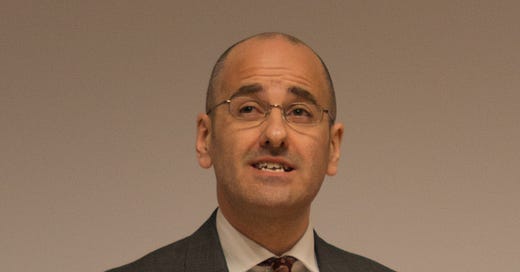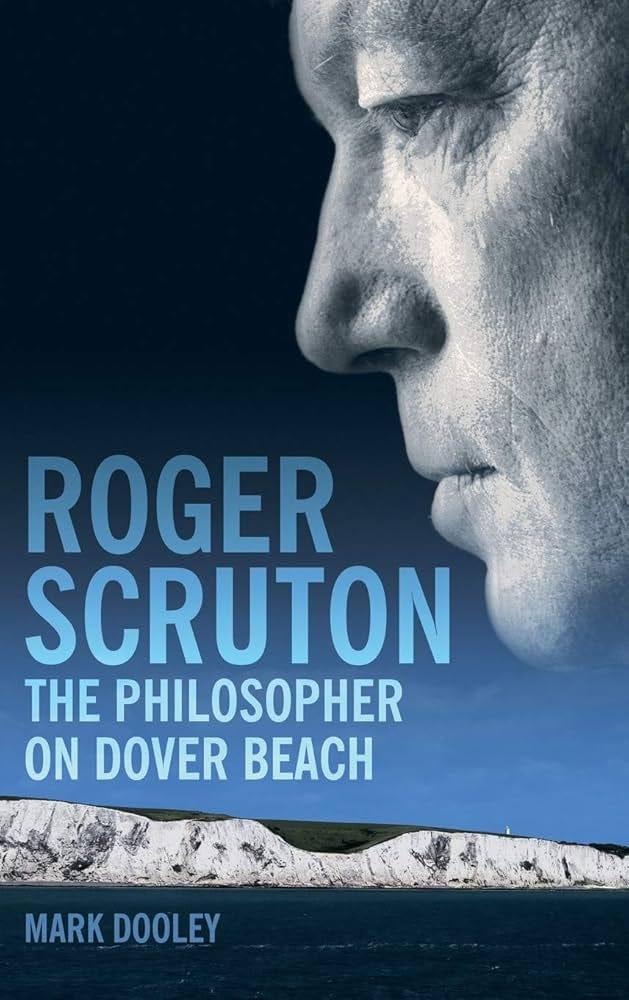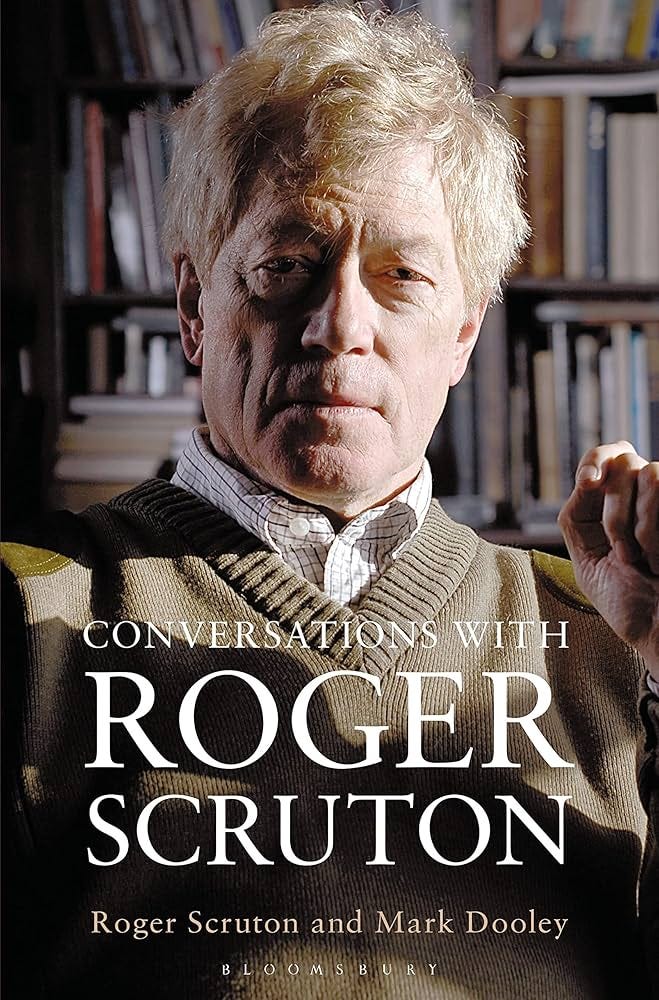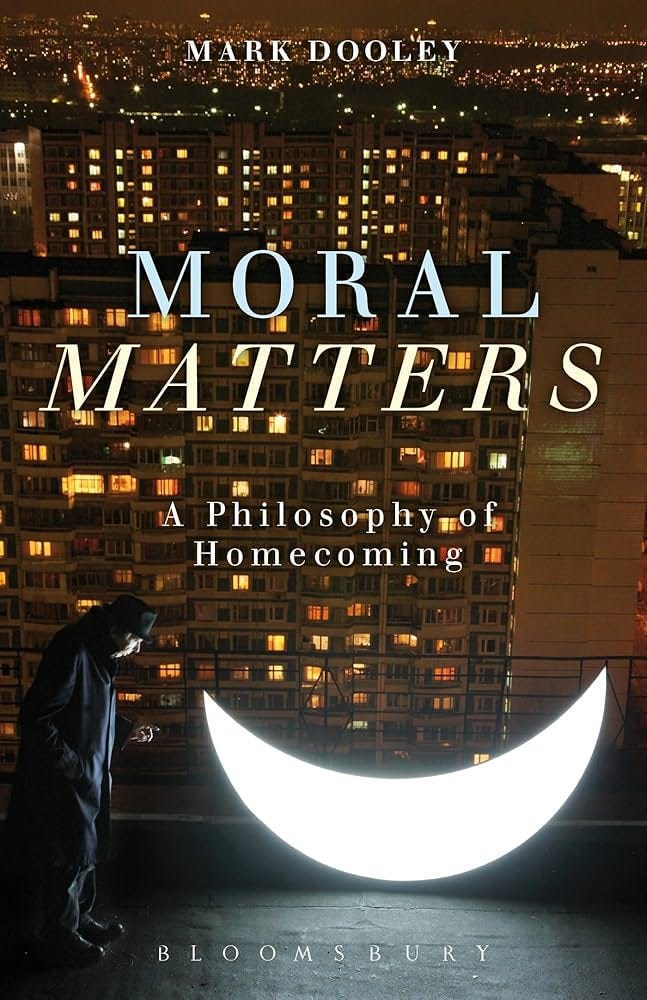Mark Dooley is a notable Irish philosopher, author, and columnist known for his contributions to philosophy, particularly in the areas of existentialism, phenomenology, and theology.
Born in 1970, Dooley has established himself as a prominent thinker and commentator, with a body of work that bridges academic philosophy and public discourse.
A Brief Biography
Early Life and Education
Mark Dooley was born and raised in Dublin, Ireland. He pursued his higher education at University College Dublin (UCD), where he earned his Bachelor of Arts, Master of Arts, and Doctor of Philosophy (PhD) degrees. His academic journey was marked by a deep engagement with the works of key existentialist and phenomenological philosophers, which would heavily influence his later work.
Academic Career
Dooley's academic career began with teaching positions at various institutions, including UCD and the National University of Ireland, Maynooth. His teaching and research interests have been broad, encompassing existentialism, phenomenology, theology, and political philosophy. He has been particularly influenced by the works of Søren Kierkegaard, Martin Heidegger, Jacques Derrida, and Roger Scruton.
Publications and Philosophical Contributions
Mark Dooley has authored several influential books and numerous articles, contributing significantly to contemporary philosophical discourse. Some of his notable works include:
"The Politics of Exodus: Kierkegaard's Ethics of Responsibility" (2001): This book explores the moral and political dimensions of Kierkegaard's thought, arguing for its relevance to contemporary issues of responsibility and ethics.
"Roger Scruton: The Philosopher on Dover Beach" (2009): This work provides a comprehensive overview of the philosophy of Roger Scruton, highlighting his contributions to aesthetics, politics, and culture.
"Why Be a Catholic? Faith, Life, and Truth in the Catholic Church" (2011): In this book, Dooley examines the intellectual and spiritual foundations of Catholicism, making a case for its relevance in the modern world.
"Moral Matters: A Philosophy of Homecoming" (2015): This book delves into themes of home, identity, and belonging, offering a philosophical perspective on the concept of homecoming. This most welcome at a time of flattening globalisation, and an erasure of distinct identities.
Journalism and Public Commentary
In addition to his academic work, Mark Dooley is a well-known columnist and public intellectual. He has written extensively for various newspapers and magazines, including The Irish Times, The Sunday Independent, and The Irish Catholic. His columns often address contemporary social, political, and cultural issues, bringing philosophical insights to a broader audience.
Like his friend, the late Roger Scruton, Dooley offers a fresh alternative to fashionable materialist philosophies. Again, like Scruton, he has written about the importance of elements that have been marginalised in secularist cultures. In an essay, Building, Beauty, and Belonging for Public Discourse, he wrote that:
‘‘If Marxism had sought to surmount alienation by denying the redeeming power of art, religion, and philosophy, Hegel had forewarned what would happen if materialism formed the fundamental basis of identity and self-consciousness. The only way we could be redeemed from isolation, alienation, and estrangement, was, Hegel argued, through what Marx had dismissed as “false consciousness.”
In other words, we cannot authentically live in a world without beauty, harmony, or the sanctifying rituals of the religious way of life. We need the world to appear familiar, a refuge from ever-gathering storms.
If, therefore, the built environment appears formless, lifeless, and devoid of a human face, it will merely reinforce isolation. However, through art and culture, we find our way back home, and that is because they connect us to our history, our past, and to the homeland of the heart.
They reconcile us to the world, our forebears, and the ancient wisdom enshrined in what Matthew Arnold described as “the best that has been thought and said.” (*)
Influence and Legacy
Dooley's work is characterized by a commitment to making complex philosophical ideas accessible and relevant to everyday life. He is known for his ability to engage with both academic and general audiences, bridging the gap between scholarly philosophy and public discourse.
His contributions to philosophy, particularly his interpretations of Kierkegaard and his writings on religion and ethics, have earned him a respected place in contemporary philosophical thought.
Mark Dooley continues to be an influential voice in both academic and public spheres, contributing to ongoing discussions about philosophy, ethics, and the role of the Christian faith in the modern world.
The Continued Importance of Mark Dooley for Irish Christians
Mark Dooley is or should be seen as a significant figure for Irish people, particularly Irish Christians, for several key reasons. His philosophical work and public commentary provide valuable perspectives that address contemporary issues while drawing from deep-rooted traditions and intellectual legacies. In this respect, he is like Dr Gerard Casey, who we featured previously in this series. Although, they strike different emphases, as a libertarian (Casey) and a conservative (Dooley) respectively, Irish Christians can gain much from both.
Antidote to Materialism
Dooley's work offers a profound critique of materialism, presenting it as an insufficient foundation for a meaningful and honest life. Through his engagement with existentialist and phenomenological traditions, Dooley emphasizes the importance of spiritual and ethical dimensions in human existence.
His book "Why Be a Catholic? Faith, Life, and Truth in the Catholic Church" is a notable example where he advocates for the spiritual richness and moral depth of Catholicism as an antidote to the shallow pursuit of material wealth and consumerism. This message resonates deeply with Irish Christians, who seek a life enriched by transcendent faith and community values rather than just material gain.
Freedom from Ideological Extremes
Like Gerard Casey, Dooley navigates a balanced path, free from many of the myths propagated by both the new left and the identitarian right. He critically examines and transcends the disintegrating ideologies that dominate contemporary political discourse. Focusing rather on first things.
By doing so, he offers a nuanced perspective that avoids the reductive binaries often found in modern politics. This approach encourages Irish Christians to engage with complex social issues thoughtfully and compassionately, without succumbing to divisive rhetoric & its underlying secular materialist shibboleths.
Preserving and Sharing Roger Scruton's Legacy
Mark Dooley has played a pivotal role in preserving and disseminating the work of his friend, Roger Scruton, one of the finest and most influential conservative philosophers of recent times.
His book "Roger Scruton: The Philosopher on Dover Beach" not only provides an in-depth exploration of Scruton's ideas but also highlights their relevance to contemporary cultural and philosophical debates. By championing Scruton's work, Dooley contributes to the preservation of intellectual traditions that emphasize beauty, culture, and conservative values, which are integral to many Irish Christians.
Place in Irish Scholarly Tradition
Dooley stands within a rich Irish scholarly tradition that transcends the flattening force of globalism. This tradition values the unique cultural and intellectual heritage of Ireland, which includes notable figures like John Scotus Eriugena, Edmund Burke, Pádraig Pearse, and others right up to aforementioned Dr Gerard Casey.
Dooley's work embodies this tradition by engaging with global philosophical discourse while rooted in Irish cultural and intellectual contexts. His writings encourage Irish people to appreciate and draw from our own rich heritage rather than merely succumbing to the homogenizing pressures of global culture.
Conclusion
Mark Dooley's contributions are crucial for Irish people, especially Irish Christians, for several reasons:
His critique of materialism and emphasis on spiritual and moral living resonate deeply with the Christian faith that underpins much of Gaelic civilisation.
His balanced approach to political and social issues offers a thoughtful alternative to extreme ideologies or sloganeering.
His efforts in preserving and promoting Roger Scruton's work enrich conservative philosophical discourse and could serve Ireland by introducing more of us to an important philosopher.
His place within the Irish scholarly tradition reinforces the importance of Ireland's cultural and intellectual heritage in the face of globalism and secular-materialist hegemony.
By addressing these themes, Dooley helps us Irish Christians navigate the complexities of modern life while staying true to our distinct Christian faith and cultural identity.







